Europe launches new Galileo satellites
- Published
The Soyuz blasts off with two Galileo sat-nav spacecraft
Europe has launched the next two satellites in the Galileo network, external - its version of the American Global Positioning System (GPS).
The spacecraft - model numbers five and six - went up on a Soyuz rocket from French Guiana.
Galileo is now finally moving towards full deployment after years of delay.
The European Space Agency, external, which is building the system on behalf of the EU, expects to have a 26-satellite constellation in orbit by 2017.
To that end, it has just ordered three big Ariane-5 rockets at a cost of half a billion euros.
Europe's premier launch vehicle can loft four spacecraft at a time, and this should allow for six to eight satellites to be put in space every 12 months from now on.
"Every spacecraft is, after in-orbit commissioning, put into operation, and is broadcasting a navigation signal that is a valid signal for users with a combined Galileo/GPS receiver; and there are already receivers on the market that have this capability. So, you have to see the service as being increased one by one," explained Esa Galileo project manager, Javier Benedicto.
Friday's Soyuz lift-off occurred on schedule at precisely at 09:27:11 local time (13:27 BST; 14:27 CEST).
The "instant launch window" was required to get the satellites into just the right part of the sky demanded by the network's multi-plane configuration.
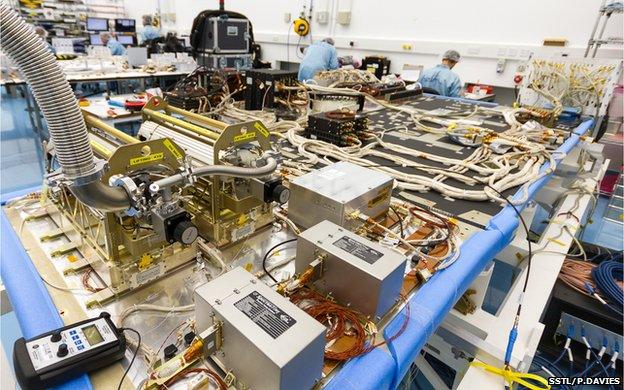
The British firm SSTL integrates all the Galileo technologies inside a satellite
The latest platforms, dubbed "Doresa" and "Milena" in a public competition, are somewhat different to their four predecessors, which were used to validate the Galileo technology in orbit.
Formally described as the first Full Operational Capability (FOC) satellites, they have been produced by a new manufacturing consortium, comprising the German outfit OHB System, external and the UK firm SSTL, external.
This pair have been contracted to supply the next 20 spacecraft as well.
SSTL's role is to integrate all the Galileo system components inside a satellite.
"It's been a high-volume operation," said SSTL director John Paffett, "and we're now turning out a payload every six weeks. By the middle of next year, all our payloads will have shipped to OHB, and it won't be long after that that all the finished satellites will have been handed over to Esa."
Esa still has to procure at least four more satellites to complete a constellation configuration that includes a number of in-orbit spares.
Didier Faivre, Esa's Galileo programme director, said the agency wanted to assess the first satellites in space before issuing another work order.
"We will have to decide whether we buy exactly the same [spacecraft], which is a consequence if everything works well, or if we have to tune things in terms of technology and performance," he told BBC News.

Europe's Galileo system under construction
A project of the European Commission and the European Space Agency
30 satellites are likely to be launched in batches in the coming years
Galileo will work alongside GPS and the Russian Glonass systems
Full system promises real-time positioning down to a metre or less
It should deepen and extend high-value markets already initiated by GPS
Cost to date: 6bn euros; budget set aside to 2020: 7bn euros
European GDP reliant now on GPS applications: 800bn euros per annum
Source: EC/Esa

The EU is investing billions in its sat-nav project.
It believes Galileo will bring significant returns to European economies in the form of new businesses that can exploit precise timing and location data delivered from orbit.
GPS already underpins a great swathe of activity, with many uses that are unseen and therefore largely unrecognised, such as the timing signal's widespread role in synchronising telecommunications systems and major financial transactions.
Galileo incorporates next-generation technologies, including more advanced atomic clocks.
For navigation applications, this package should give users quicker, more reliable fixes, enabling them to locate their positions with an error of less than a metre, compared with the current GPS error of several metres.

Financial centres like London make use of space-borne timing
Of the four pathfinder satellites launched in 2011 and 2012, one is now not working properly.
Engineers are trying to trace the source of an anomaly that prevents this platform from transmitting on two of Galileo's three frequency channels.
And Friday's launch was only approved after experts could satisfy themselves that corresponding systems in the new satellites shared no critical design "commonalities".
Galileo is one of several networks to follow GPS. The Russians, the Chinese and the Indians are all at various stages in the development and rollout of their independent constellations.
The proliferation of systems speaks to the ubiquity of satellite navigation now in daily life, but also raises serious concerns that societies may be becoming over-reliant on space-borne timing and location data.
The UK's Royal Academy of Engineering issued a report in 2011 that warned of the possibility of huge economic disruption if these systems became compromised for any reason - such as through an outage caused by a massive solar storm.
Russia's Glonass system was knocked sideways for several hours earlier this year, because of bad commands uploaded to its satellites. Receivers picking up Glonass signals could either not provide location fixes or were providing wildly inaccurate ones.
Proponents of global navigation satellite systems (GNSS) say multiple constellations will provide robustness, but the Academy report argued there was also a need need for alternative technologies.
The UK, for example, is installing a ground-based radio system called eLoran, external.
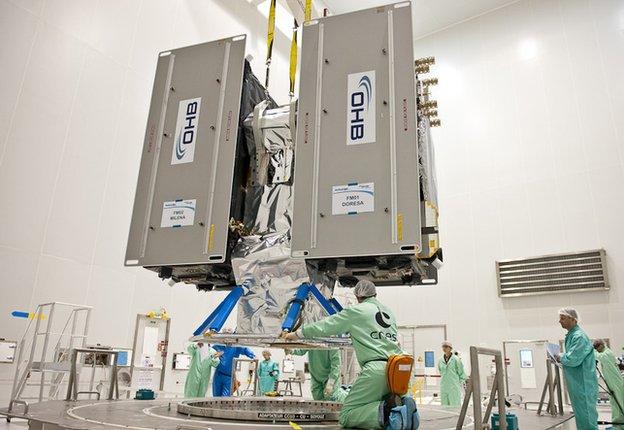
After years of delay, Galileo is now finally moving towards full deployment
Jonathan.Amos-INTERNET@bbc.co.uk and follow me on Twitter: @BBCAmos, external
- Published16 April 2014
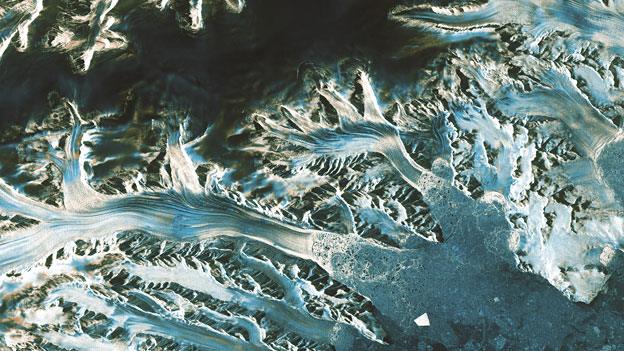
- Published9 April 2014
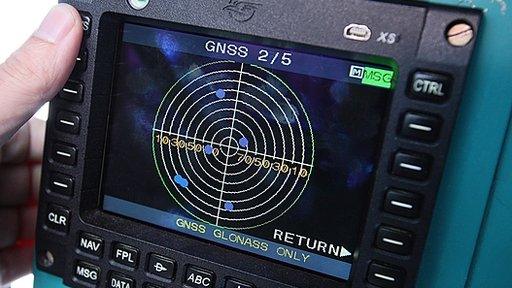
- Published20 November 2012
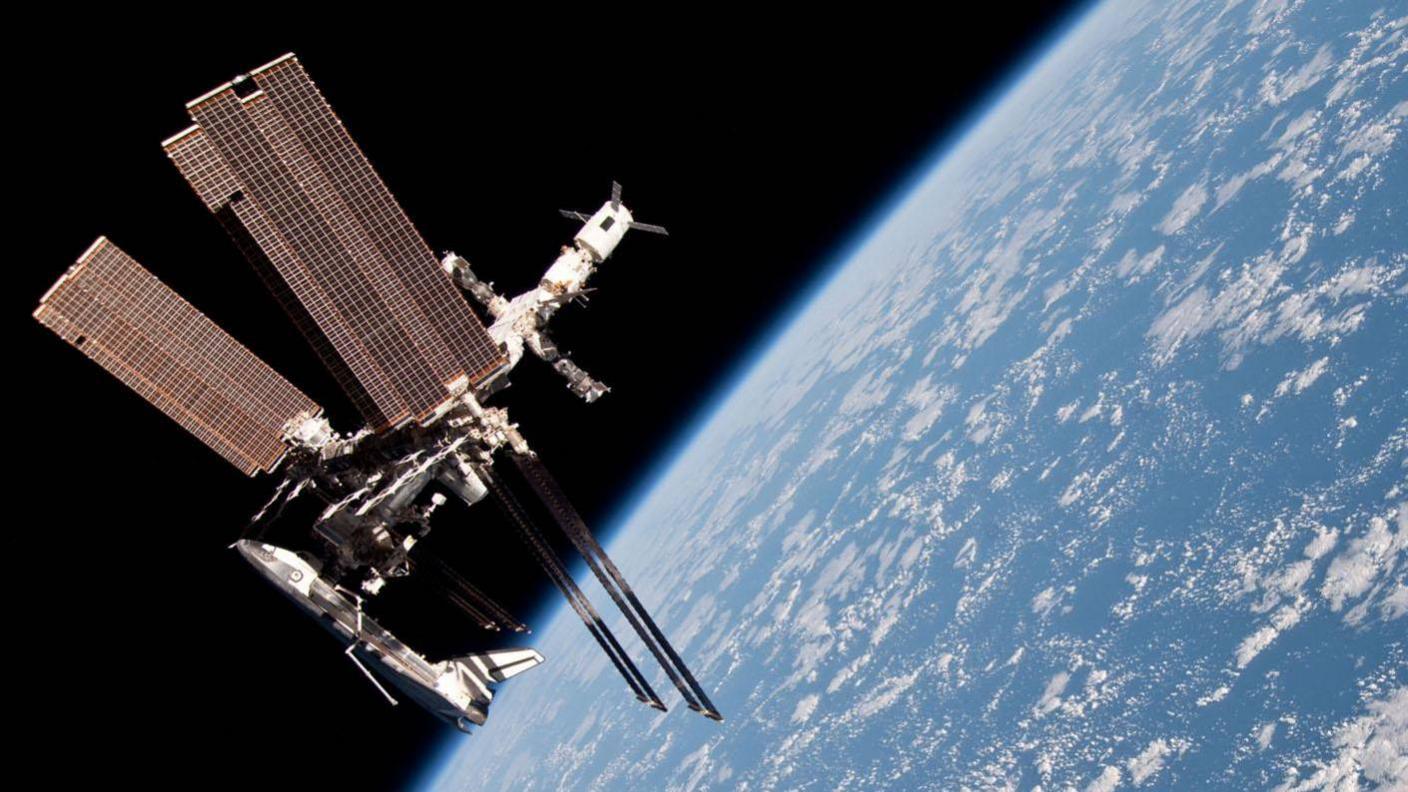
- Published12 October 2012
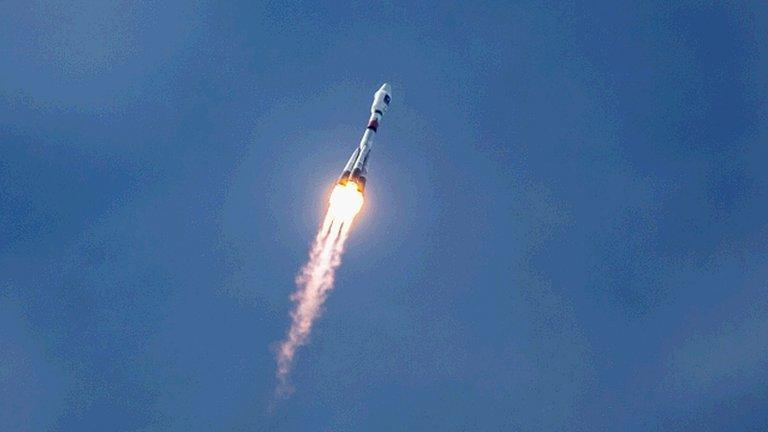
- Published14 July 2012
- Published19 April 2012
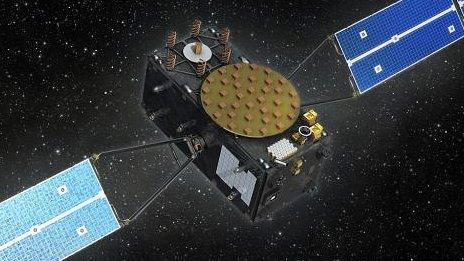
- Published8 March 2012
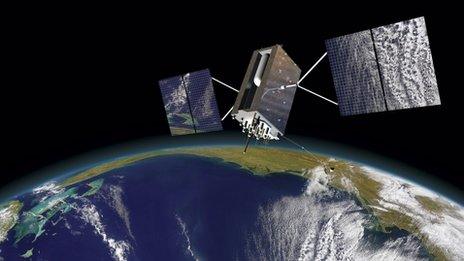
- Published2 February 2012
